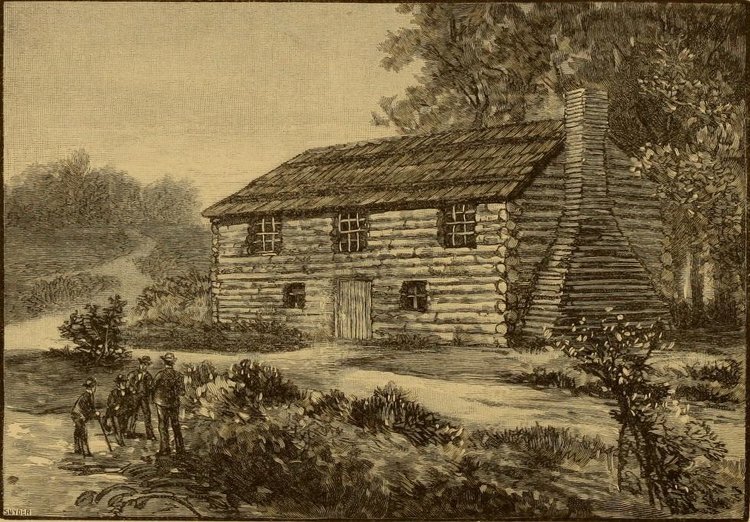Receive our blog posts in your email by filling out the form at the bottom of this page.
Do thy diligence to come shortly unto me…Do thy diligence to come before winter (2 Tim. 4:9, 21).
The most famous sermon delivered by Clarence E.N. Macartney (1879-1957) was Come Before Winter, a sermon he first preached at the Arch Street Presbyterian Church in Philadelphia, Pennsylvania on October 3, 1915 — and every October thereafter. It was a sermon about the need to take advantage of the opportunities given by God before those opportunities pass away. A 30th anniversary edition of this sermon was added to Log College Press earlier this summer and on this first day of October, 2022, it seems good to highlight what he had to say.
Before winter or never! There are some things which will never be done unless they are done “before winter.” The winter will come and the winter will pass, and the flowers of the springtime will deck the breast of the earth, and the graves of some of our opportunities, perhaps the grave of our dearest friend. There are golden gates wide open on this autumn day, but next October they will be forever shut. There are tides of opportunity running now at the flood. Next October they will be at the ebb. There are voices speaking today which a year from today will be silent. Before winter or never!
What are those voices to which Macartney refers? He names three:
The Voice Which Calls For Reformation
The Voice of Friendship and Affection
The Voice of Christ
To each of these we ought to give heed and not delay to respond. None of us knows what the year ahead may bring. But we know that we are called to repent, to serve, to believe.
The greatest subject which can engage the mind and attention of man is eternal life. Hence the Holy Spirit, when he invites men to come to Christ, never says “Tomorrow” but always “Today.” If you can find me one place in the Bible where the Holy Spirit says, “Believe in Christ tomorrow,” or “Repent and be saved tomorrow,” I will come down out of the pulpit and stay out of it — for I would have no Gospel to preach. But the Spirit always says, “Today,” never “Tomorrow.” “Now is the accepted time.” “Now is the day of salvation.” “Today if ye will hear his voice, harden not your hearts.” “While it is called Today.”
Let not the beautiful colors of October pass into grey November without responding to the call.
Once again, then, I repeat these words of the Apostle, “Come before winter”; and as I pronounce them, common sense, experience, conscience, Scripture, the Holy Spirit, the souls of just men made perfect, and the Lord Jesus Christ all repeat with me, “Come before winter!” Come before the haze of Indian summer has faded from the fields! Come before the November wind strips the leaves from the trees and sends them whirling over the fields! Come before the snow lies on the uplands and the meadow brook is turned to ice! Come before the heart is cold! Come before desire has failed! Come before life is over and your probation ended, and you stand before God to give an account of the use you have made of the opportunities which in his grace he has granted to you! Come before winter!
Consider the words of Dr. Macartney and hear the voice of Christ which calls us to follow Him in season and out.







